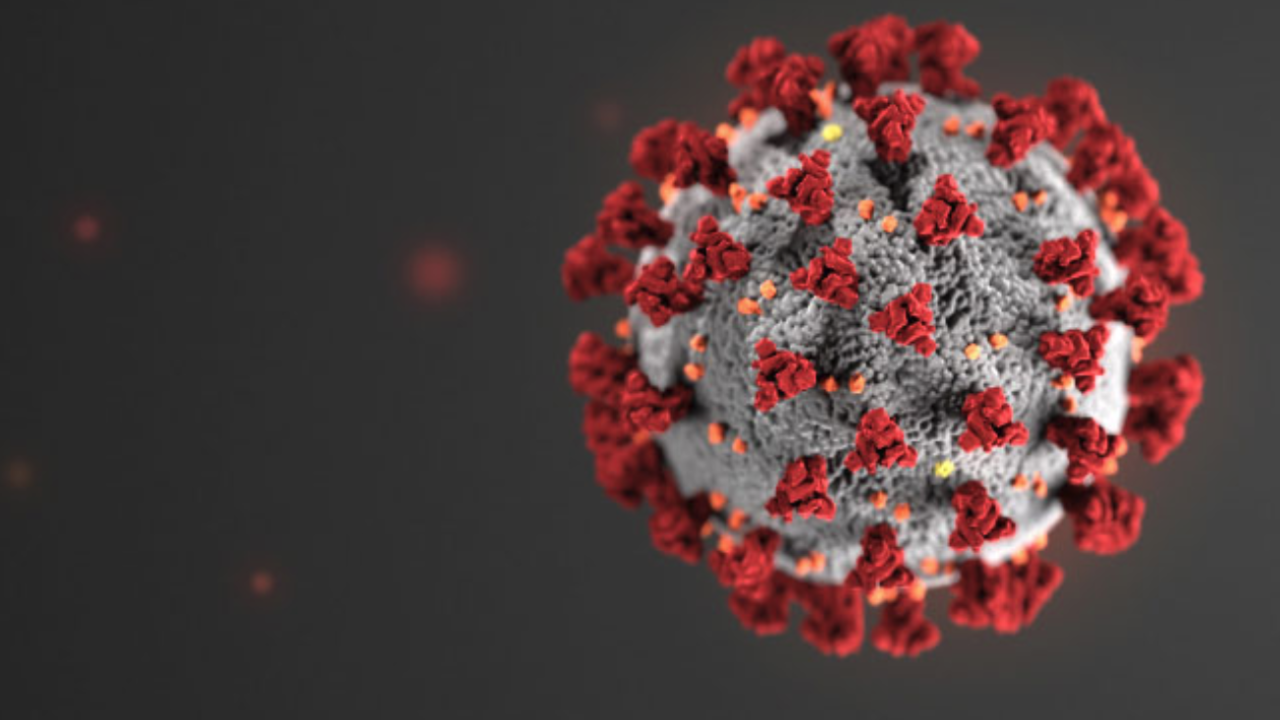WASHINGTON (AP) — U.S. intelligence agencies are still divided on the origins of the coronavirus. Still, they believe China's leaders did not know about the virus before the start of the global pandemic.
That's according to results released Friday of a review ordered by President Joe Biden.
According to an unclassified summary, four members of the U.S. intelligence community say with low confidence that the virus was initially transmitted from an animal to a human.
A fifth intelligence agency believes with moderate confidence that the first human infection was linked to a lab.
But the consensus is that the two prevailing theories are plausible.
"All agencies assess that two hypotheses are plausible: natural exposure to an infected animal and a laboratory-associated incident," the report said.
Analysts do not believe the virus was developed as a bioweapon.
Most agencies also said with low confidence that the virus probably was not genetically engineered.
The report said that four intelligence community agencies and the National Intelligence Council assessed with low confidence that the initial COVID infection "was likely caused by natural exposure to an animal infected with it or a close progenitor virus," which they say is 99% similar to COVID-19.
One of the intelligence community agencies assessed with moderate confidence that the first human infection with COVID-19 most likely resulted from a laboratory-associated incident that probably involved "experimentation, animal handling, or sampling by the Wuhan Institute of Virology."
According to the Associated Press, China hasn't cooperated with the U.S. and international investigations of the virus, which has hampered them from getting answers of the virus’ origins.
"The world deserves answers, and I will not rest until we get them," President Biden said in a statement. "Responsible nations do not shirk these kinds of responsibilities to the rest of the world. Pandemics do not respect international borders, and we all must better understand how COVID-19 came to be in order to prevent further pandemics."

